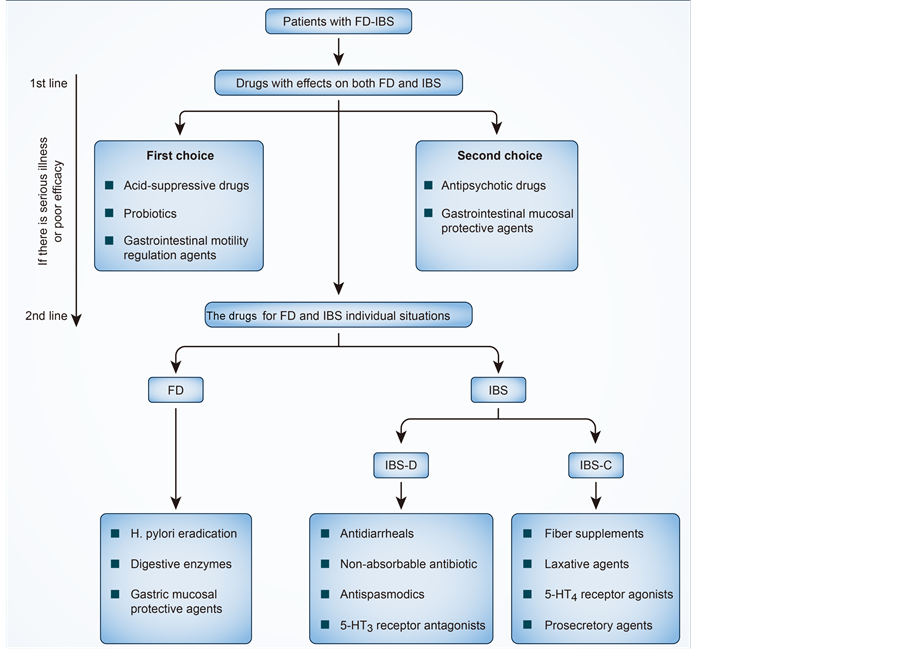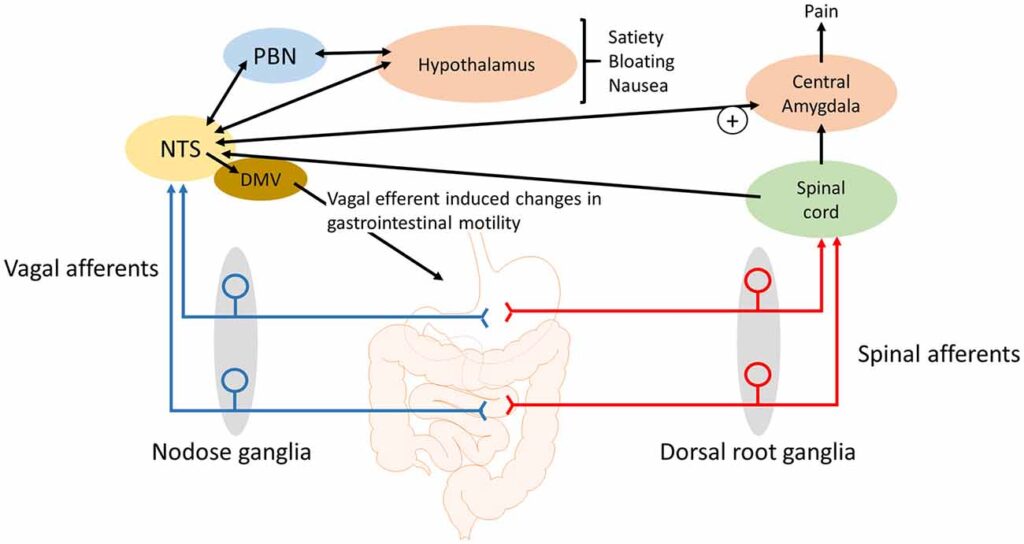Dyspepsia, commonly referred to as indigestion, is a prevalent condition that affects millions of people worldwide. It is characterized by discomfort or pain in the upper abdomen, often accompanied by bloating, nausea, and a feeling of fullness. Dyspepsia can significantly impact an individual’s quality of life, making it essential to understand its causes, recognize its symptoms, and explore effective treatment options.

What is Dyspepsia?
Dyspepsia is not a disease itself but rather a collection of symptoms related to the digestive system. It often occurs after eating or drinking and can range from mild discomfort to severe pain. The term “dyspepsia” encompasses a variety of gastrointestinal issues, including functional dyspepsia, which has no identifiable cause, and organic dyspepsia, which results from underlying medical conditions.
Common Symptoms of Dyspepsia
- Pain or Discomfort in the Upper Abdomen: This is one of the hallmark symptoms of dyspepsia. The pain may feel like burning or gnawing and is often located just below the ribcage.
- Bloating: Many individuals with dyspepsia experience a sensation of fullness or swelling in the abdomen, even after consuming small amounts of food.
- Nausea: A feeling of queasiness or the urge to vomit is common in people suffering from indigestion.
- Belching: Excessive burping or passing gas is another frequent symptom associated with dyspepsia.
- Early Satiety: Some individuals feel full shortly after starting a meal, even if they have eaten very little.
- Regurgitation: Acidic stomach contents may rise into the throat, causing a sour or bitter taste.
Causes of Dyspepsia
The exact cause of dyspepsia can vary from person to person. In some cases, it is linked to lifestyle factors, while in others, it may be caused by underlying health conditions. Below are some of the most common causes of indigestion:
Lifestyle Factors
- Overeating: Consuming large meals can overwhelm the digestive system, leading to discomfort and bloating.
- Eating Too Quickly: Eating rapidly can prevent proper digestion and contribute to indigestion.
- Consumption of Fatty or Spicy Foods: These types of foods are harder to digest and can irritate the stomach lining.
- Excessive Alcohol or Caffeine Intake: Both alcohol and caffeine can increase stomach acid production, leading to irritation.
- Smoking: Smoking can weaken the lower esophageal sphincter, allowing stomach acid to flow back into the esophagus.
Underlying Medical Conditions
- Gastroesophageal Reflux Disease: This condition involves the backflow of stomach acid into the esophagus, causing heartburn and indigestion.
- Gastritis: Inflammation of the stomach lining can lead to pain and discomfort in the upper abdomen.
- Pancreatitis: Inflammation of the pancreas can interfere with digestion and result in indigestion symptoms.
- Gallstones: These hardened deposits in the gallbladder can block bile ducts and cause digestive issues.
- Pregnancy: Hormonal changes during pregnancy can slow down digestion, leading to indigestion.
- Mental Health Issues: Stress, anxiety, and depression can exacerbate symptoms of dyspepsia by affecting gut motility and sensitivity.
Diagnosing Dyspepsia
Diagnosing dyspepsia typically begins with a thorough evaluation of the patient’s medical history and symptoms. A healthcare provider may ask about dietary habits, lifestyle factors, and any medications being taken. In some cases, additional tests may be necessary to rule out underlying conditions:
- Endoscopy: A procedure where a thin tube with a camera is inserted into the digestive tract to examine the stomach and esophagus.
- Blood Tests: These can help identify infections, inflammation, or other abnormalities.
- Stool Tests: Used to detect infections or bleeding in the digestive tract.
- Breath Tests: These can diagnose conditions like Helicobacter pylori infection, which is a common cause of stomach ulcers.
Treatment Options for Dyspepsia
The treatment of dyspepsia depends on its underlying cause and severity. In many cases, lifestyle modifications and over-the-counter medications can effectively manage symptoms. However, more severe cases may require prescription medications or other interventions.
Lifestyle Modifications
- Eat Smaller, More Frequent Meals: Instead of three large meals, opt for five or six smaller meals throughout the day to ease the digestive process.
- Avoid Trigger Foods: Identify and eliminate foods that worsen your symptoms, such as fatty, spicy, or acidic foods.
- Limit Alcohol and Caffeine: Reducing consumption of these substances can help reduce stomach irritation.
- Quit Smoking: Smoking cessation can improve overall digestive health and reduce symptoms of indigestion.
- Manage Stress: Techniques such as yoga, meditation, or deep breathing exercises can help alleviate stress-related indigestion.
Over-the-Counter Medications
- Antacids: These neutralize stomach acid and provide quick relief from symptoms like heartburn and bloating.
- H2 Receptor Blockers: Medications like ranitidine and famotidine reduce the production of stomach acid, offering longer-lasting relief.
- Proton Pump Inhibitors: These drugs, such as omeprazole and lansoprazole, are highly effective at reducing acid production and promoting healing of the stomach lining.
Prescription Medications
- Prokinetic Agents: These medications enhance the movement of food through the digestive tract, reducing symptoms like bloating and early satiety.
- Antibiotics: If Helicobacter pylori infection is present, a course of antibiotics may be prescribed to eradicate the bacteria.
- Antidepressants: Low doses of certain antidepressants can help manage chronic indigestion by altering pain perception in the gut.
Alternative Therapies
- Herbal Remedies: Some individuals find relief with herbal teas, such as ginger or chamomile, which can soothe the digestive system.
- Acupuncture: This traditional Chinese medicine technique may help alleviate symptoms by balancing energy flow in the body.
- Probiotics: These beneficial bacteria can improve gut health and reduce symptoms of dyspepsia in some individuals.
When to Seek Medical Attention
While dyspepsia is often manageable with lifestyle changes and over-the-counter treatments, certain symptoms warrant immediate medical attention. These include:
- Severe or persistent abdominal pain
- Unintentional weight loss
- Vomiting blood or passing black, tarry stools
- Difficulty swallowing
- Symptoms that worsen over time or do not improve with treatment
If you experience any of these symptoms, it is crucial to consult a healthcare professional promptly to rule out serious underlying conditions.
Preventing Dyspepsia
Preventing dyspepsia involves adopting healthy habits that support optimal digestive function. Here are some tips to reduce your risk of developing indigestion:
- Maintain a balanced diet rich in fiber, fruits, and vegetables.
- Stay hydrated by drinking plenty of water throughout the day.
- Avoid lying down immediately after eating; wait at least two to three hours before going to bed.
- Elevate the head of your bed if you experience nighttime symptoms.
- Exercise regularly to promote healthy digestion and reduce stress.





